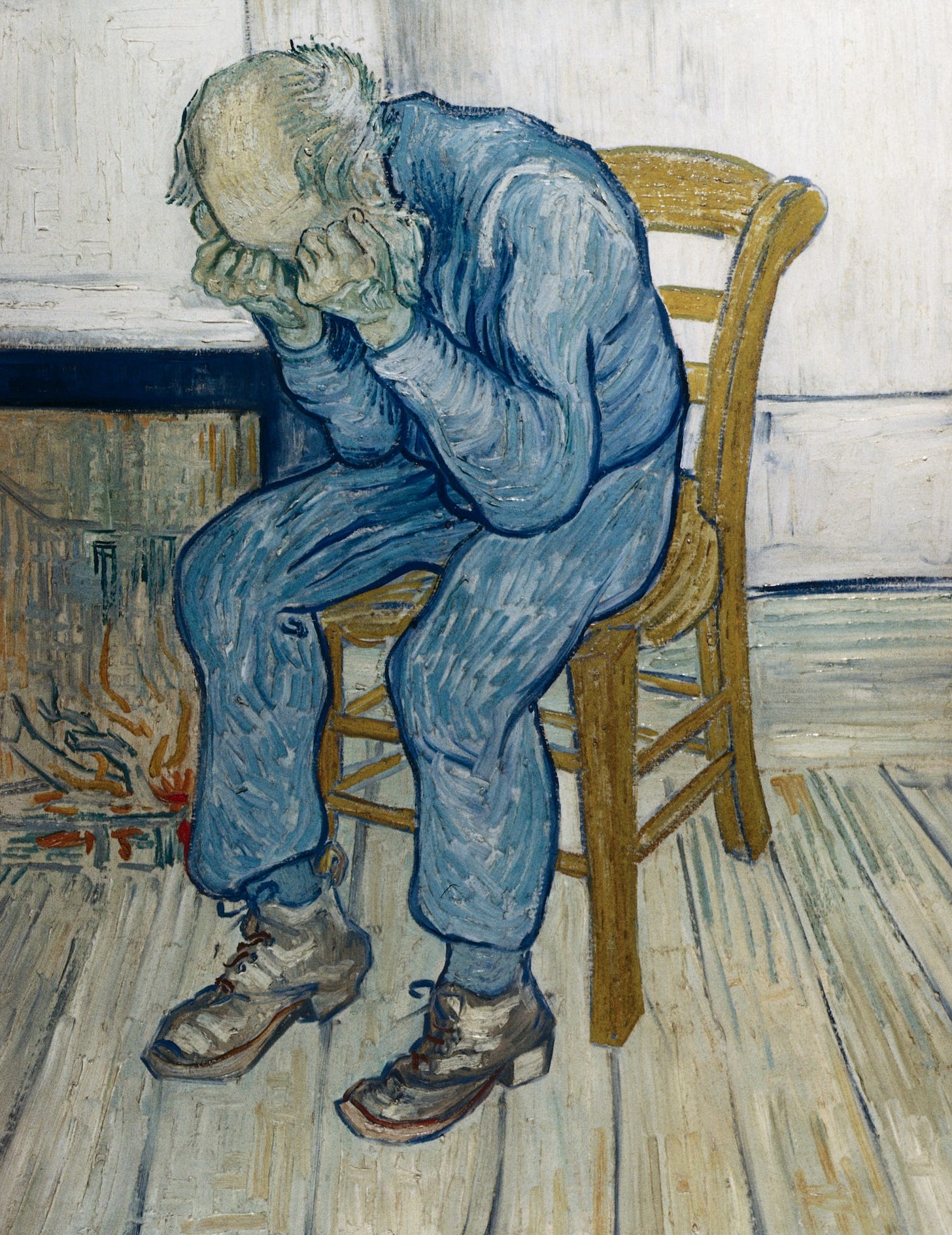invisible commitments are the remedy to a toothless life
‘‘I have led a toothless life’, he thought. ‘ A toothless life. I have never bitten into anything. I was waiting. I was reserving myself for later on-and I have just noticed that my teeth have gone.” —Jean Paul Sarte
If you ask the average 20 year-old guy what his goals are for the next five years, he’ll mutter something around making a lot of money and retiring before 30. You can see the smile of satisfaction appearing on his lips as he imagines leaning back in a hammock in the Caribbean as the rest of the world hums to the 9-5 hour workday. At last, unlimited freedom. No schedules. No rules.
There is something naively charming about their ambitions— the raw simplicity and bold belief in a faraway future. While it’s admirable that they have a goal in mind, I find it lazy and ignorant of the human psyche.
Have they ever thought about what would come after the freedom? Let’s say he hits his dream number and buys a one-way ticket to Costa Rica. The country is paradise. The ocean is warm, the piña coladas endless. The rise and setting of the sun are mere suggestions to his daily schedule— he sleeps swims, and surfs whenever he wants. The next week? Well, it’s not so different from the first. Still beautiful. Still relaxing. But by the third or fourth week, something begins to shift. The drinks don’t taste quite as sweet. The sunsets blur together. He starts to feel it—that tiny itch, that barely audible whisper of a question he never thought to ask: What now?
We think of commitments and freedom as polar opposites. Freedom is the jackpot we’re all after, the intoxicating promise of fulfillment and happiness, a powerful feeling of being your own God. The irony, is that the more you hoard freedom, the less it’s worth. It’s just raw potential, empty until you decide what to do with it.
I think the question we should be asking, is not how to attain and preserve freedom. The question is, “What’s worth giving it up for?”
Commitments are often thought of as rigid rules, limiting us to a single path. We’re taught to think that trading our time and energy is soul-sucking. But the commitments that are aligned to us, the ones that we choose, are the most expansive. They have a way of teaching us what really matters.
You don’t know who you are when you’re floating in a sea of endless options, dabbling here and there, never planting your feet. You only start to know yourself when you say, This. This is what I’m willing to stake my time, my energy, my heart on. And that’s when the stakes get real. That’s when you learn what you’re capable of—what you can endure, what you can build, what you can contribute. Commitments are vessels for transformation and discovery. You find yourself in what you choose to sacrifice yourself for, when you decide that something is worth staying for.
It’s the invisible, life-long commitments that are the most potent. The small promises that no one knows about, that no one will see you keeping. When you decide to keep an invisible commitment, you’re telling yourself, I matter enough to show up for this. You’re saying, I don’t need the world to see this for it to count. It counts because it counts to me. Invisible commitments are not only the ultimate way to live in alignment, but also the most sustainable way to achieve what most want in life: love, health, mastery, connection:
going to bed early, for a calmer, more open day
eating healthy and training to be able to do more in life with energy and vitality
choosing positive thoughts for a better mental space
reading and practicing your craft for intellectual agility and mastery
vulnerable conversations for life-long connections
keeping your faith alive for a purposeful life
So, what are you committing in your life right now? Extrapolate it. What would it look like to commit to this for the next 10 years?


